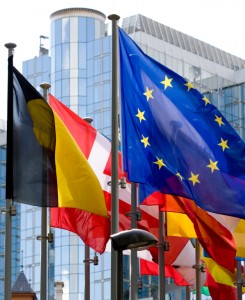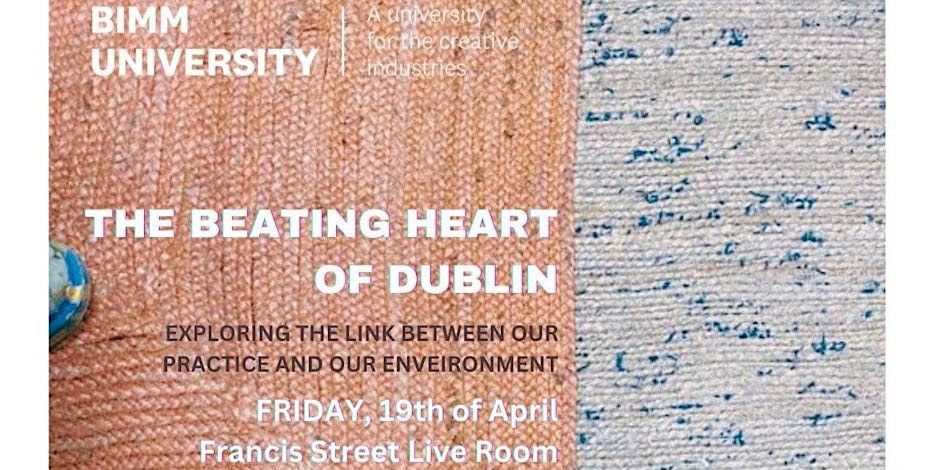Decision today overturns allegations that European authors’ societies coordinated to restrict competition
CISAC welcomes the European Court’s judgment to uphold their appeal against the 2008 European Commission decision on author’s rights
CISAC, the International Confederation of Societies of Authors and Composers, welcomes the decision of the General Court of the European Union today to uphold their appeal against the 2008 EU Commission decision (COMP/C2/38.698). In doing so, the allegation that CISAC and their member societies had engaged in a concerted practice in order to restrict competition has been finally rejected.
“This is a very important decision for authors and their collective management organizations throughout the European Union,” said Olivier Hinnewinkel, director general of CISAC. “It allows us to get back to the job of ensuring the 3 million creators and rights holders that we represent obtain a fair income from the use of their creative work, and to continue developing licensing models that meet the market’s needs.”
The so called “CISAC Case” began with two complaints in the early 2000s against the model contract for reciprocal representation developed by CISAC many years ago (hence the name) and the agreements signed based on this contract between CISAC members in Europe. The European Commission considered these complaints for a number of years. When the decision eventually came in 2008 to uphold these complaints, only one issue remained – the assertion that the 24 European CISAC societies had violated EU competition rules by coordinating the territorial scope of their reciprocal representation agreements. Other issues – relating to membership conditions and exclusivity – have been addressed by CISAC and its members through amendments to the model contract and changes to individual contracts between European societies.
CISAC had always firmly maintained that no coordination had taken place in this manner to restrict competition; rather that the contract clauses in question existed purely because it was best practice for representing the interests of authors and avoided a “race to the bottom” on royalties that would have undermined authors’ interests and creative activity.
The accusation was also fundamentally unacceptable to CISAC whose entire premise is built upon fairness and on upholding the interests of creators for the betterment of culture and the arts. Naturally an appeal was lodged and was successfully upheld today.
“There are important implications for the general public as well as for authors,” continued Hinnewinkel. “The great majority of our members’ livelihoods rely on receiving a fair income for their work. However, it’s also vital that licensing allows the maximum number of people can see, hear and enjoy their creative output. Today’s decision allows us to continue our work in championing sustainable licensing solutions that share the benefits of this art whilst ensuring the next generation of creators can continue to produce work to enrich all of our lives.”
Latest News
Music Creators
- Affinity Schemes
- Join IMRO
- Benefits of IMRO Membership
- IMRO Mobile App
- Members’ Handbook
- About Copyright
- Royalty Distribution Schedule
- IMRO Distribution Policies
- Competitions & Opportunities
- Travel Grant Form
- Irish Radio & Useful Contacts
- Other Music Bodies in Ireland
- Affinity Schemes
- Music Creator FAQs
- International Partners
- International Touring Guide
Music Users
- Do I Need a Licence?
- Sign Up for a Music Licence
- Pay Your Licence Online
- IMRO and PPI Tariffs
- Dual Music Licence Explained
- Music Licences for Businesses
- Music Licences for Live Events
- Music Licences for Broadcast & Online
- Music licences for Recorded Media
- Music Services B2B
- Music User FAQs
- What’s Your Soundtrack Campaign
- Terms & Conditions for IMRO Events Voucher Competition
- Cookie Policy
- Privacy Statement
- Disclaimer
- www.imro.ie
- Terms & Conditions
- © IMRO 2024
- Registered Number: 133321
Please select login
For Songwriters & Publishers
For Business Owners





